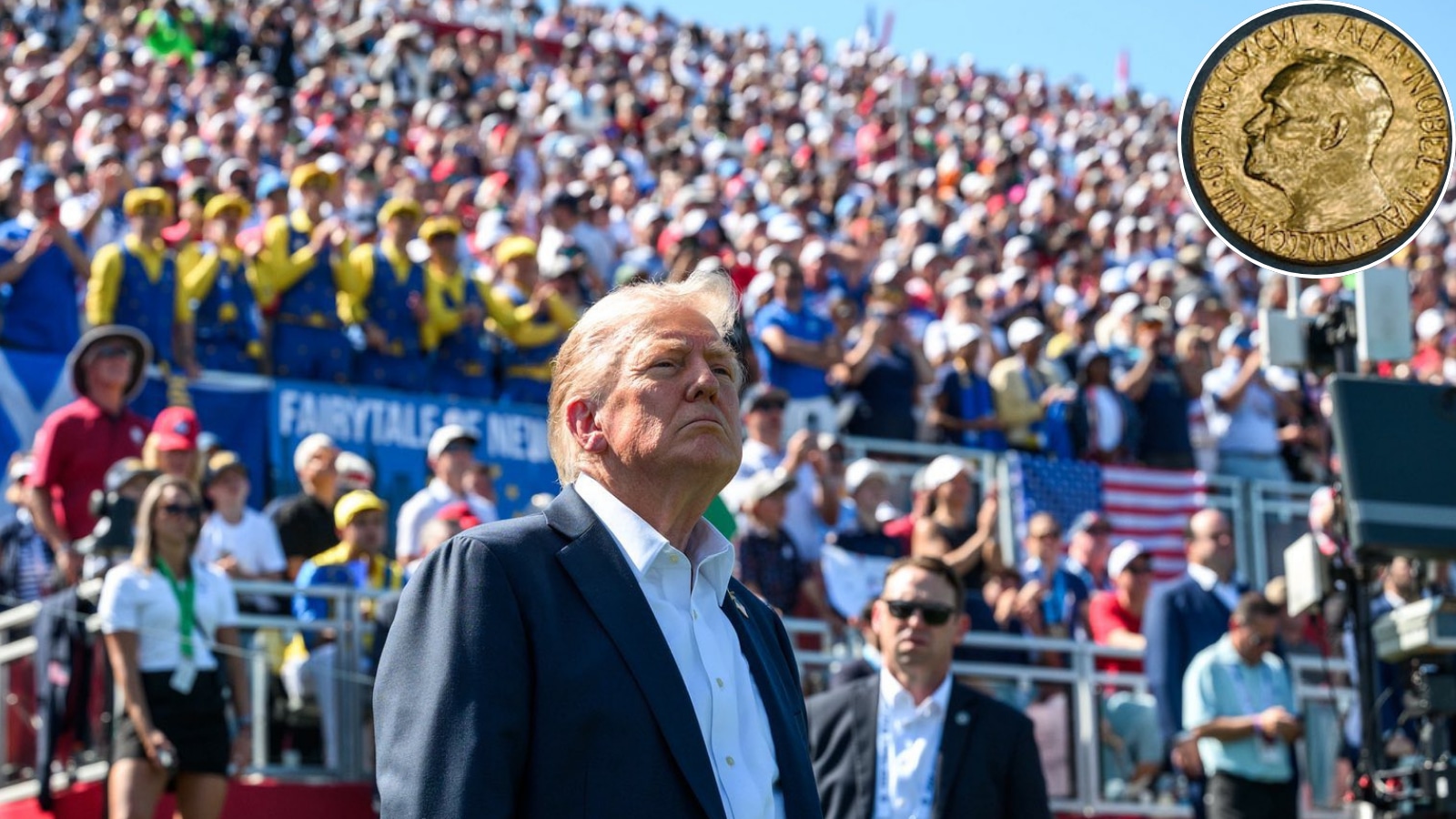China's Bold Response: Ready for Tariff War Amid Trump’s Threats!

In a surprising twist on the global economic stage, China recently made it clear that they have no intention of backing down in response to President Donald Trump's audacious threat of a whopping 100% tariff. Instead of folding under pressure, China's message was a resounding call for dialogue, urging the U.S. to resolve conflicts through negotiations rather than escalating tensions.
The statement from China's Commerce Ministry encapsulates their stance: “We do not want a tariff war, but we are not afraid of one.” This bold declaration came just two days after Trump warned of steep tariffs on Chinese imports set to take effect by November 1st, following new restrictions by China on the export of rare earths, vital components used in everything from smartphones to military equipment.
Rare earth minerals are not just any ordinary commodities; they’re the backbone of modern technology, essential for products ranging from electric vehicles to advanced defense systems. With China controlling nearly 70% of the world’s rare earth mining and processing, they hold a significant card in this high-stakes game. This situation threatens to unravel the tentative truce that had temporarily quelled the tariff war, which had seen both sides imposing tariffs exceeding 100% earlier in the year.
As tensions rise, Trump has labeled China as “becoming very hostile,” accusing them of holding the global market hostage by restricting access to these critical minerals. In response, China has implemented new regulations requiring foreign companies to obtain special approval to export items containing even minute traces of rare earth elements sourced from their territory. This move is a strategic play, ensuring that their resources remain under tight control amidst growing geopolitical rivalry.
The stakes are incredibly high, with both nations accusing each other of undermining the spirit of trade agreements. The Commerce Ministry's online post emphasized the importance of resolving these issues through constructive dialogue, warning that if the U.S. persists in its aggressive stance, China would retaliate to protect its legitimate rights and interests.
In the backdrop of all this, the U.S. has recently introduced several new restrictions, including expanding export controls to more Chinese companies. These developments have further complicated the landscape of U.S.-China relations, especially with new port fees on Chinese ships set to take effect soon. In retaliation, China announced similar fees on American ships, marking another round in this escalating trade conflict.




























